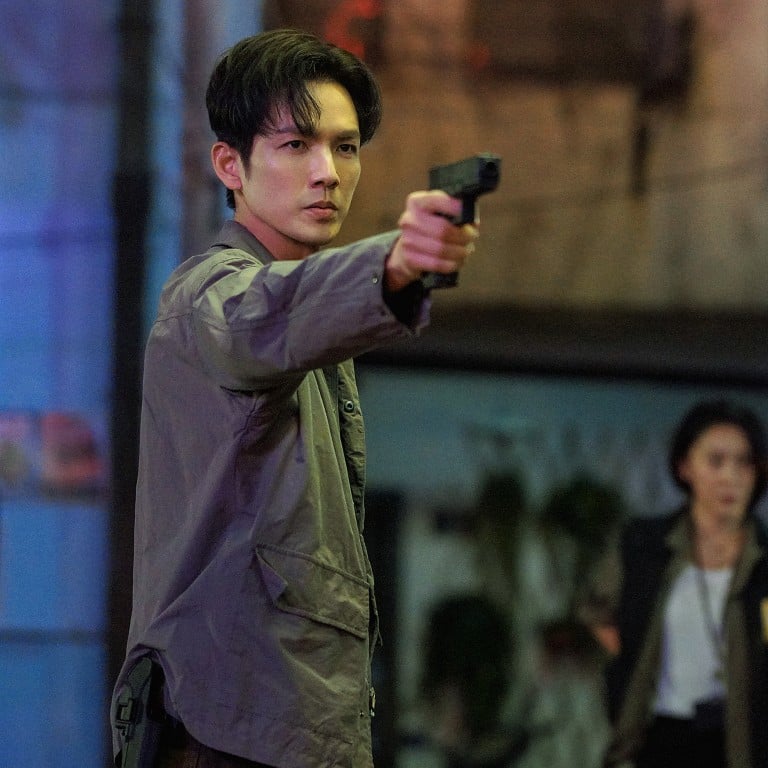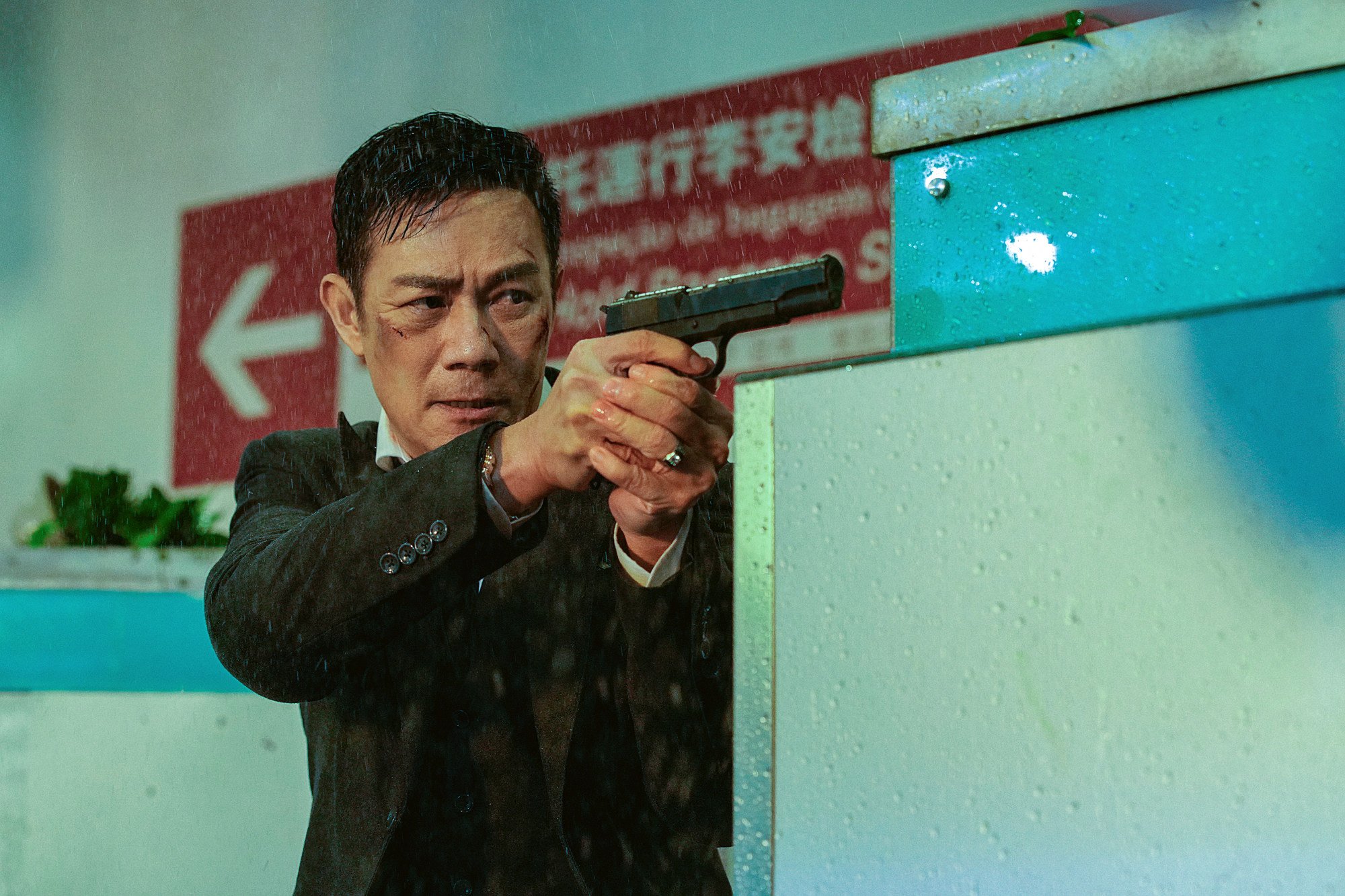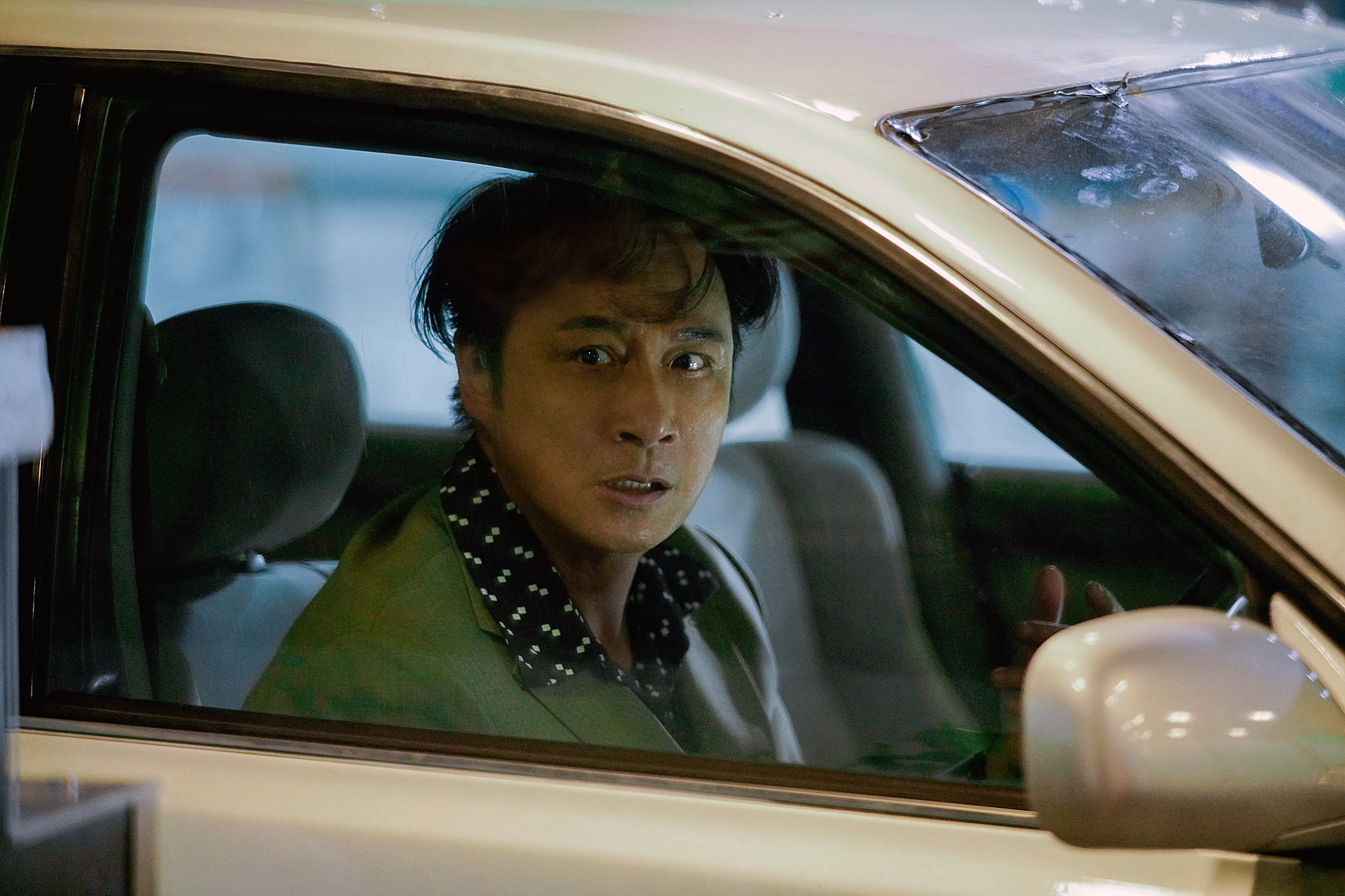
Review | Death Stranding movie review: dull, unrealistic Chinese crime thriller directed by Hong Kong’s Danny Pang is a tale of corruption, or is it revenge?
- A bad guy from ‘some Chinese-speaking area in Southeast Asia’ does something sinister and a ‘Tiger City’ officer tries to bring him to justice – but do we care?
- This could have been a guilty-pleasure watch if it had decent action scenes – but it doesn’t. All we’re left with is a lifeless, illogical mess. Best skip it
1/5 stars
Directed by Danny Pang Fat from an astonishingly incompetent screenplay he co-wrote, Chinese production Death Stranding is so careful about avoiding sanction that not only is it set some 20 years ago, it labels Thailand “some Chinese-speaking area in Southeast Asia” and gives what is conceivably Macau the made-up name “Tiger City”.
There is no such attention paid to the story itself; Death Stranding paints a convoluted and unrealistic portrait of a city besieged by corruption – before shaking off the crime-fighting nonsense in the last act to reveal the simplistic revenge action thriller at its core.
When his one-man investigation comes to nothing, Feng turns his attention to exposing the collusion between corrupt gambling tycoon Wu Xin (Eddie Cheung Siu-fai) and the aforementioned Thai baddy, just as the Tiger City government is looking to rein in the city’s bad apples before opening up its entertainment industry.

Feng also has to contend with other unfortunate coincidences: Zuo, a top-ranking official who specialises in fighting commercial crimes, is now ostensibly working with the money-laundering Wu, while Wu’s wife, Julie (Myolie Wu Hang-yee), happens to be Feng’s ex-girlfriend.
None of these details mean much when Pang wraps up his hollow film with a wild and unintentionally funny action climax. The shift to full-on revenge mode only happens when the good guys belatedly learn that the young woman was raped and murdered; they were relatively OK with her just being murdered.
Death Stranding could have been a fun, guilty-pleasure watch if it had at least nailed its car chases and shoot-outs. Alas, they are sub-par by Hong Kong cinema’s usual standards and we are left to make do with a lifeless, illogical mess of a story.


